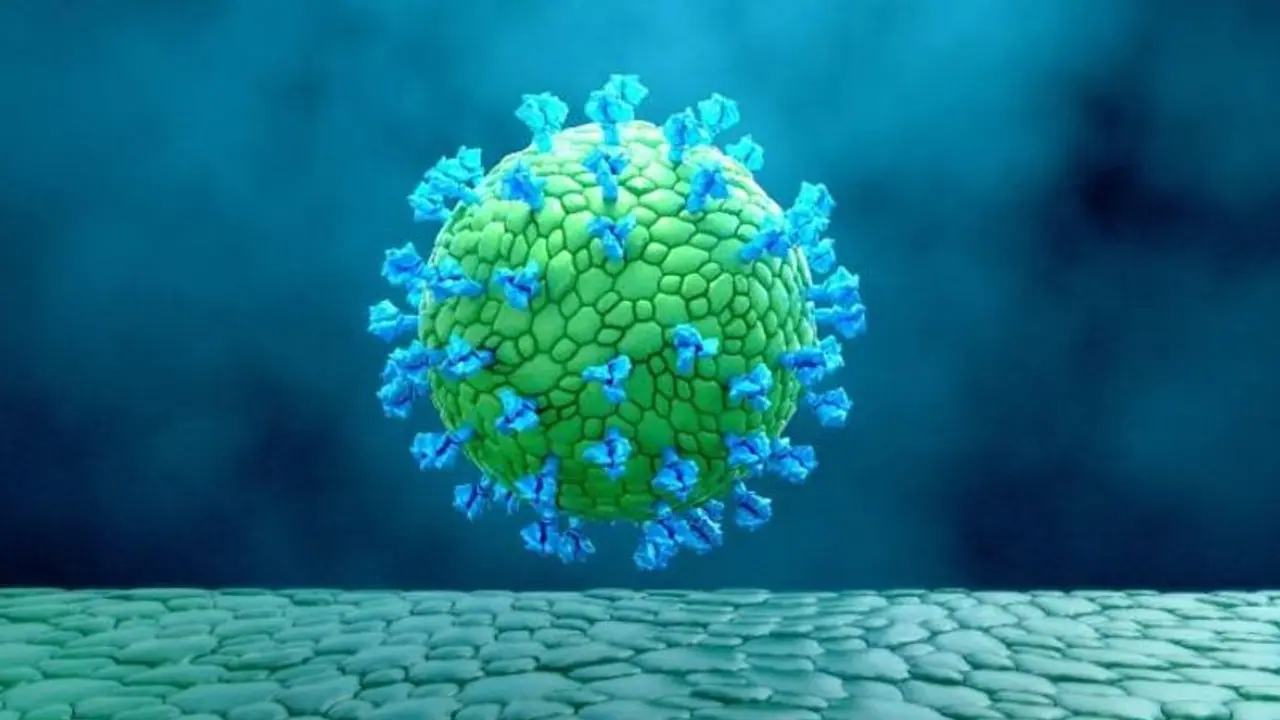We’re not going to totally eradicate Covid-19, but we will see it move out of the pandemic phase and into the endemic phase.
With Omicron cases soaring, one might find themselves despairingly asking when — or even if — this pandemic is ever going to end. In some good news, scientists are cautiously optimistic that the variant may be a sign the virus is losing its power, despite the high infection figures.

We’re not going to totally eradicate Covid-19, but we will see it move out of the pandemic phase and into the endemic phase.
Endemicity means the virus will keep circulating in parts of the global population for years, but its prevalence and impact will come down to relatively manageable levels, so it ends up more like the flu than a world-stopping disease.
"
According to a string of new studies, it has been confirmed that even as case numbers soar to records, the numbers of severe cases and hospitalizations have not. The data, some scientists say, signal a new, less worrying chapter of the pandemic.
Also read: South Africa says Omicron variant peak has passed
Immunologist at the University of California, San Francisco Monica Gandhi, was quoted by Bloomberg saying, “We’re now in a totally different phase. The virus is always going to be with us, but my hope is this variant causes so much immunity that it will quell the pandemic.”
Just over a month ago, the Omicron variant was first discovered in South Africa, and experts caution that there is still plenty of time for the situation to change. But data from the past week suggest that a combination of widespread immunity and numerous mutations have resulted in a virus that causes far less severe disease than previous iterations.
One study out of South Africa found that patients admitted to the hospital there during the omicron-dominated fourth wave of the virus were 73% less likely to have severe disease than patients admitted during the delta-dominated third wave. “The data is quite solid now that hospitalizations and cases are decoupled,” said Wendy Burgers, an immunologist at the University of Cape Town, the report stated.
Several factors appear to have made the omicron variant less virulent, or severe, than previous waves of Covid-19. One factor is the virus' ability to infect the lungs. Covid infections typically start in the nose and spread down the throat. A mild infection doesn't make it much farther than the upper respiratory tract, but if the virus reaches the lungs, that's usually when more severe symptoms occur.
Even though omicron so far seems to result in milder disease than previous variants, a massive increase in cases could still lead to a big increase in hospitalizations and deaths. That could further stress health care systems that are already in dire straits. But there are also some hopeful things to bear in mind. In addition to omicron potentially building up some immunity in the vast numbers of people who are becoming infected with it, vaccinations and boosters are also contributing to “a significant immunity wall that’s being built.
